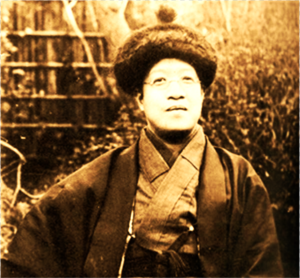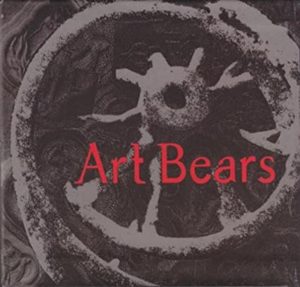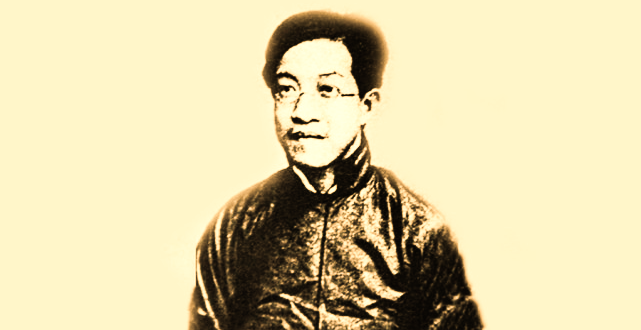Podcast: Play in new window | Download (Duration: 59:00 — 81.0MB)

How can one expect the revolutionary struggles in Qing China at the turn of the 20th century to matter to humans in the United States? In the wake of celebrating the outcome of the American Revolution in 1776 we might turn our attention to revolutionary parallels.
The great globe has been settled, divided, conquered, and ruled by humans for thousands of years. And once modes of travel advanced, the land and sea became a kind of geopolitical construct. People once called pirates become explorers and conquistadors become discoverers. And as we learned last week, marauders in the form of Western or European imperialists leap and skip across great swaths of terrain they bring their worldview with them – not to mention the ships, guns, drugs, and so-called culture.
While it can be startling to find that the grandfather of a US president was an extremely violent narco-trafficker in East Asia, it can be just as startling to find a 1903 pamphlet proposing the overthrow of the Manchu government citing Western thinkers like Rousseau, Washington, and Walt Whitman. (Startling also to find Washington described as a thinker, but perhaps that’s something lost in translation.)
That nationalist pamphlet urging the creation of the Chinese Republic was called The Revolutionary Army and it was written by Zou Rong with a preface written by Zhang Taiyan. Both were imprisoned for this act, where Zou Rong died at the age of 20. Zhang was released in 1906 and even more prepared to foment the revolution which would come to a head in 1911.
Much of the turmoil in China was the result of foreign invasion, both military and ideological, and both might be called “progressive” interventions bolstered by the Enlightenment ideas of so-called Western superiority. Illustrative of this, but impossible to detail here, is the Boxer Rebellion of 1911, an armed insurrection against those “progressive” invaders that was first supported but then opposed by the Qing Government led by the Manchu minority. This was a defining event for Zhang Taiyan who cut off his queue (or what is often called a pig tail) in defiance, an act for which he might have lost his head.
In the conversation that follows references are made to Cuba’s revolutionary and poet José Martí, to W. E. B. Du Bois and his 1903 book The Souls of Black Folk, to the German idealist philosopher Hegel, the central figure of Western imperialist philosophy, to the Yogachara Buddhism of India, and so much more that likely is unknown to most of us in the U.S. Thankfully there are books to consult on these subjects! One such is by today’s guest, Viren Murthy.
 GUEST
GUEST
Viren Murthy is an associate professor of history at the University of Wisconsin in Madison. He’s the author of The Challenge of Linear Time: Nationhood and the Politics of History in East Asia (Brill, 2014) and The Political Philosophy of Zhang Taiyan: The Resistance of Consciousness (Brill, 2011).
RELATED
Spreading Global Freedom, or the Divine Right to Traffic Drugs, Guns, and People (Interchange with Mark Driscoll)
José Martí: The Whole Revolution (Interchange with Susan Babbitt)
W. E. B. Du Bois and the Wages of Whiteness (Interchange with Bill Mullen)
 MUSIC – Art Bears
MUSIC – Art Bears
“Terrain” Hopes and Fears
“The Song of Investment Capital Overseas” The World as It Is Today
“The Hermit” Winter Songs
“Rats and Monkeys” Winter Songs
“Truth” The World as It Is Today
ID – “Moeris Dancing” Hopes and Fears
CREDITS
Producer & Host: Doug Storm
Executive Producer: Kade Young
 WFHB Bloomington Community Radio
WFHB Bloomington Community Radio


